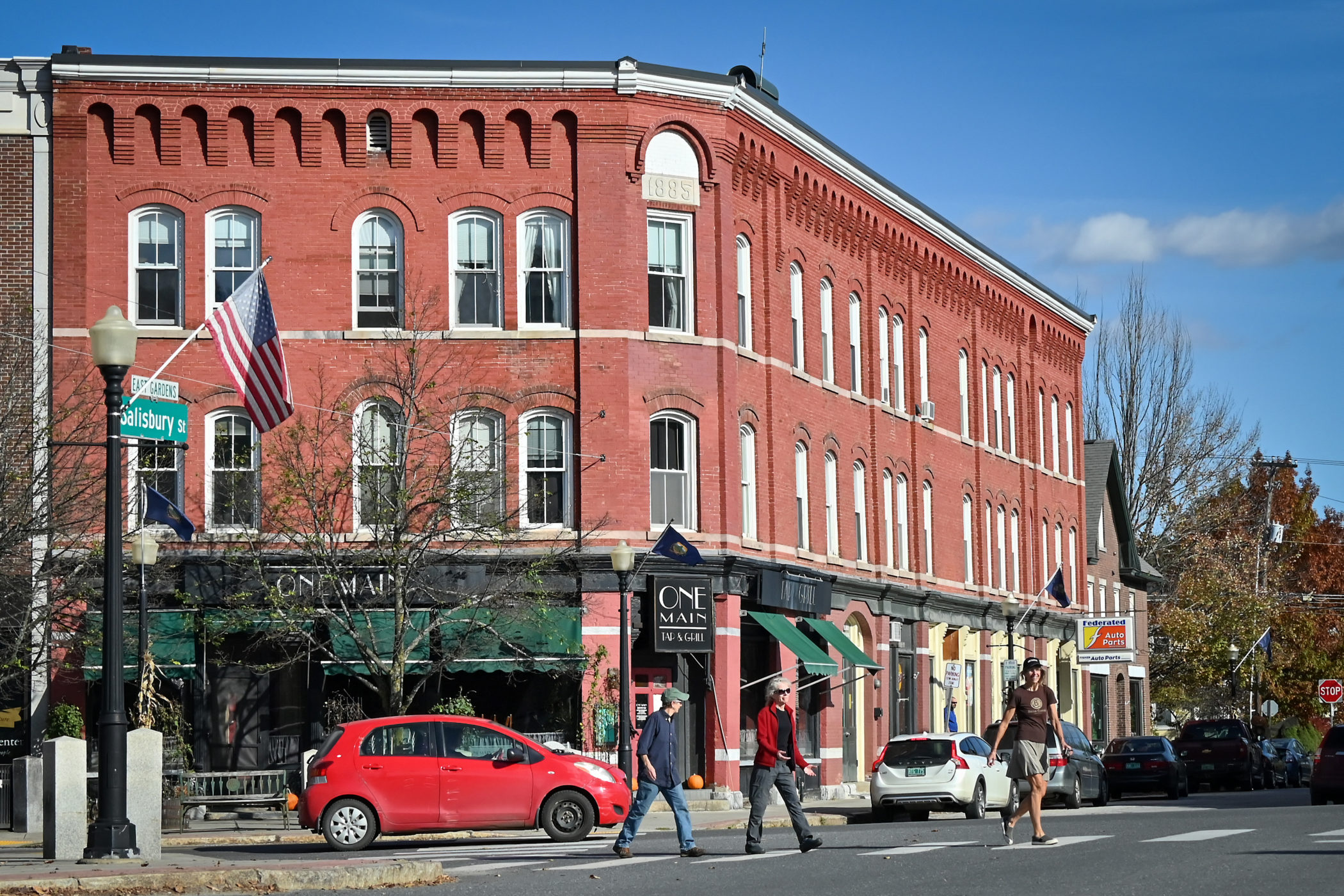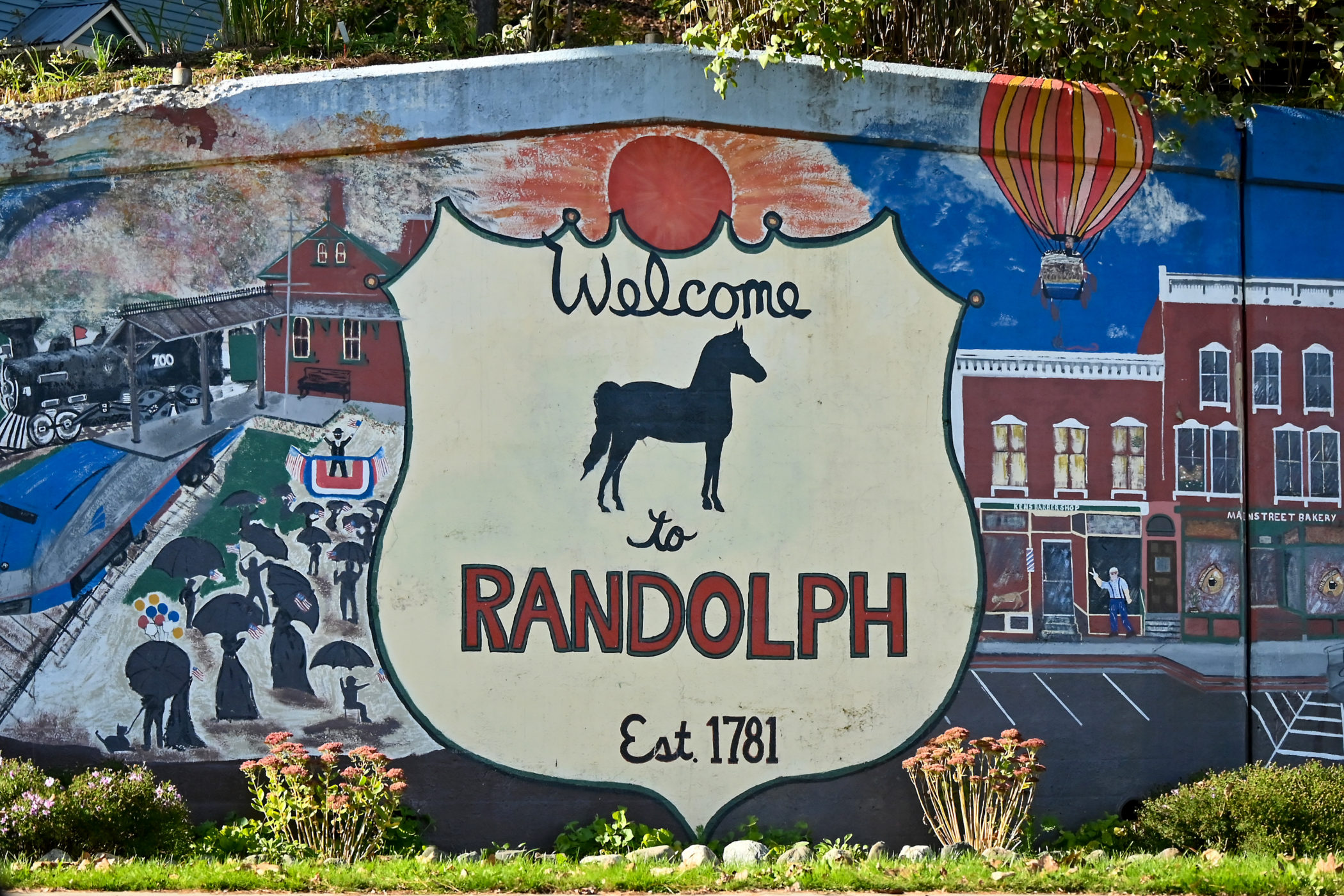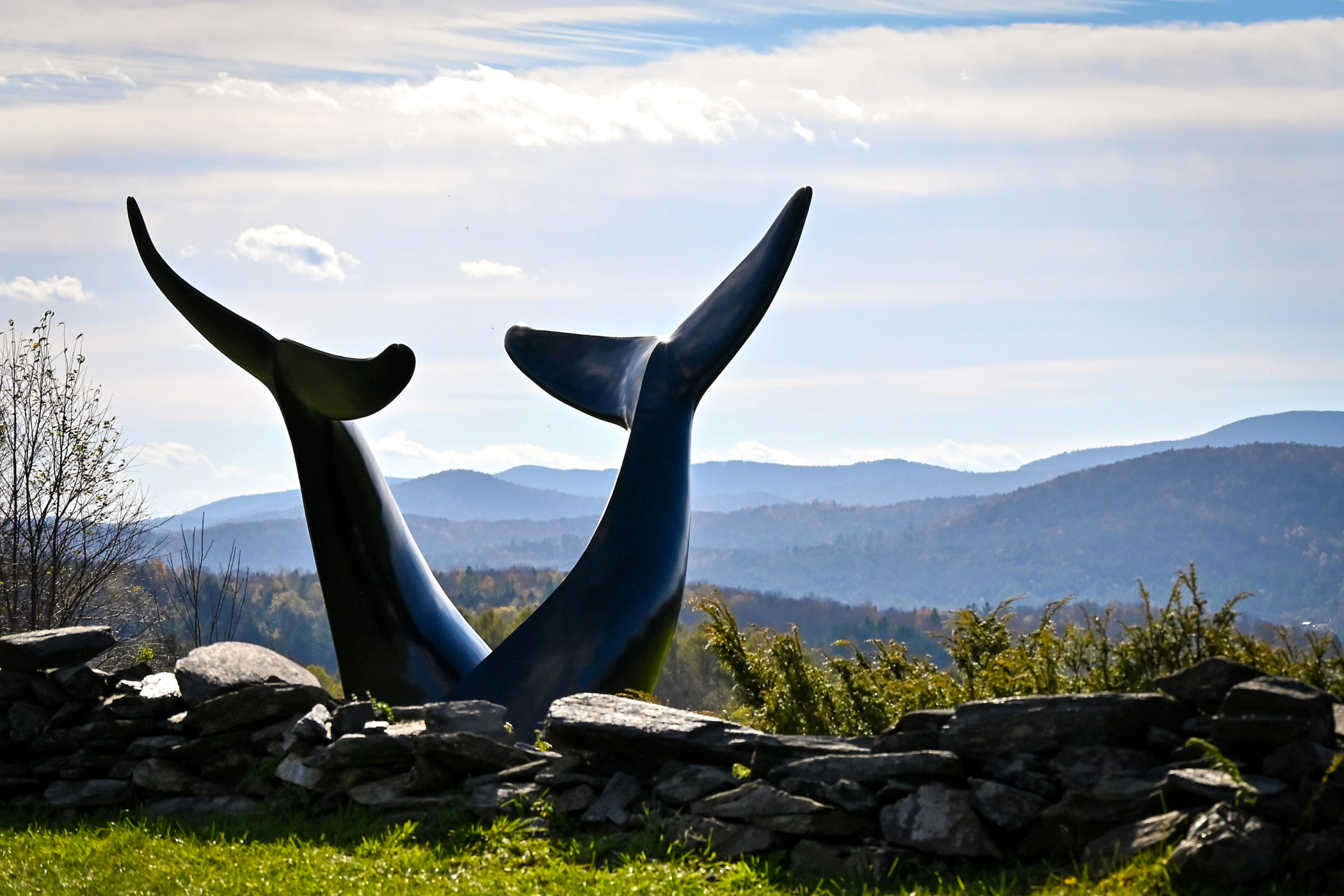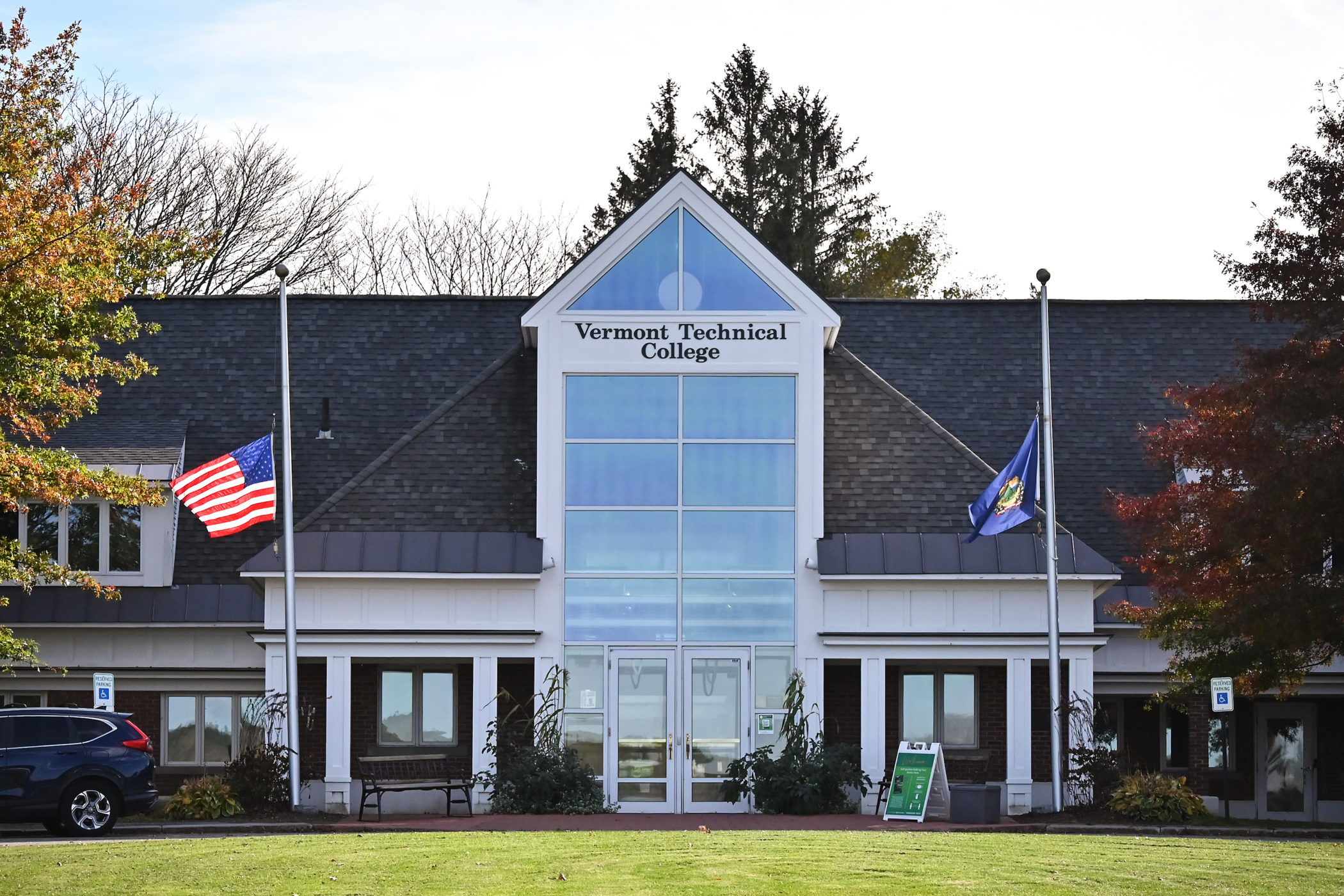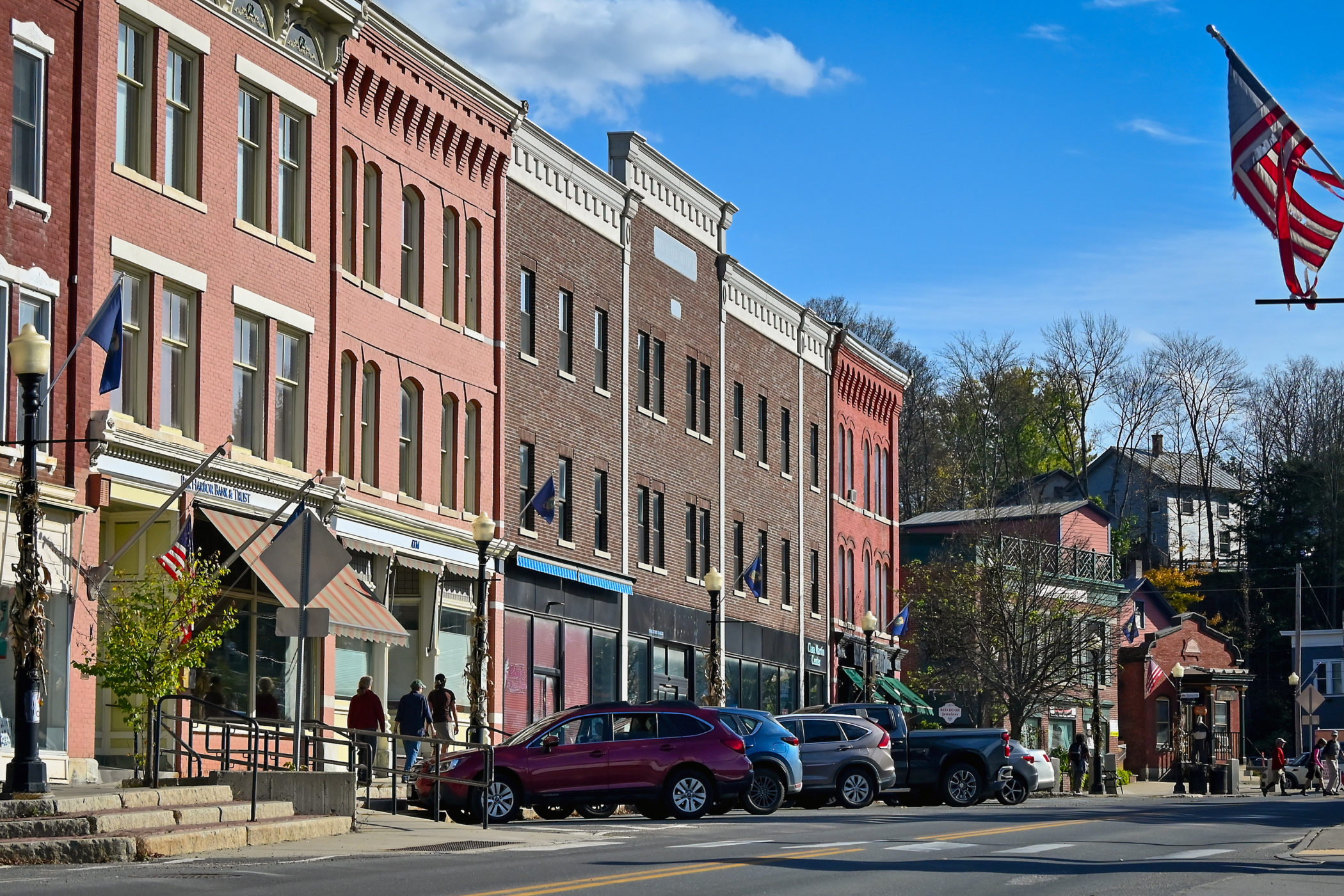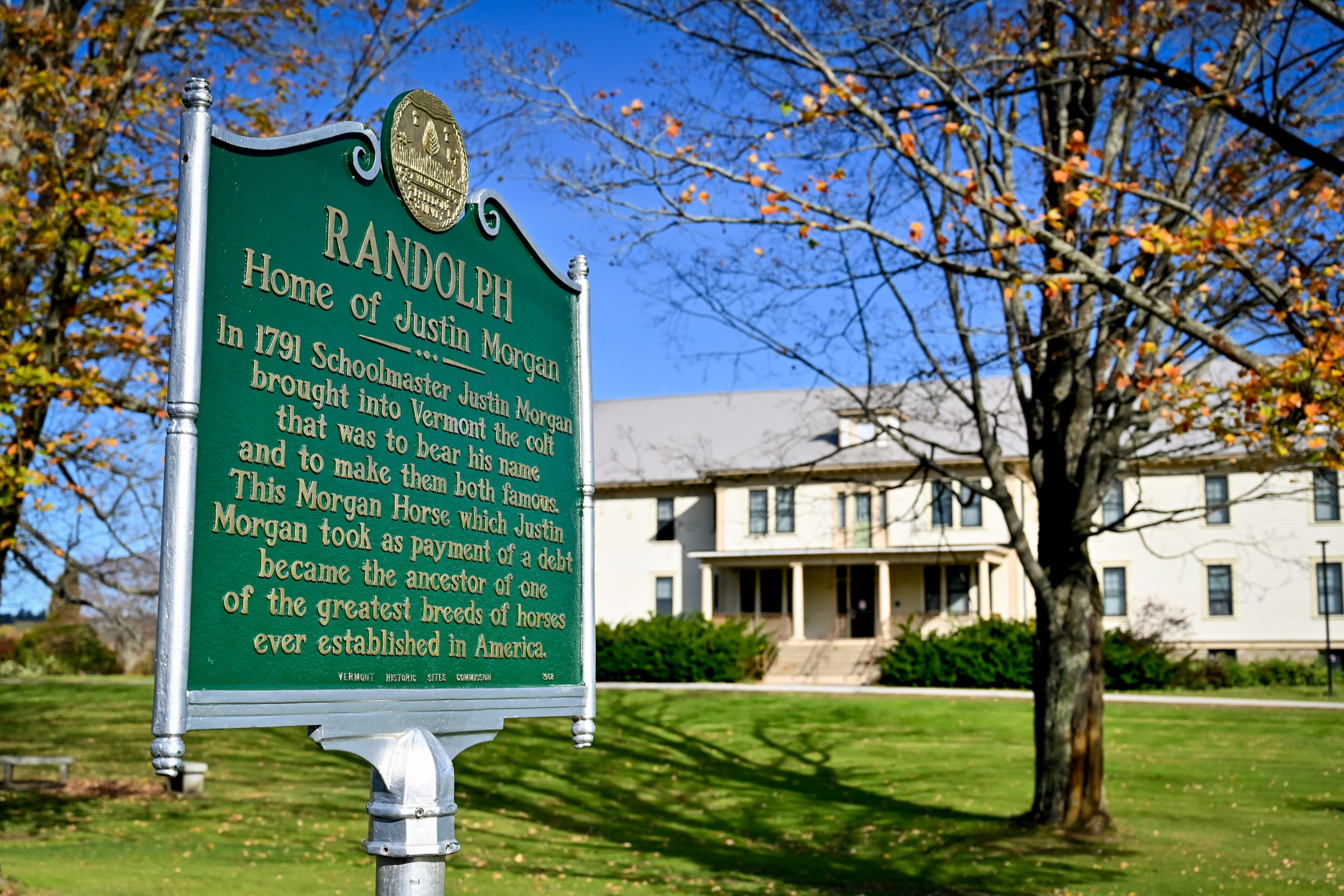Randolph, Vermont
About Randolph
A town of close to 5,000 nestled in the heart of the Green Mountains of Vermont, Randolph is full of contrasts and surprises.
The largest town in Orange County, Randolph has an historic industrial center and a thriving agricultural landscape that produces some of Vermont’s tastiest ingredients. It has world-class broadband at its fingertips and more than 240 miles of mapped outdoor trails at its doorstep. Its streets are lined with railroad-era architecture and a number of Victorian-era residences as well as restaurants, pubs, parks and an historic performance space, the Chandler Center for the Arts. Its downtown depot area is registered as a National Historic District, and home to state-of-the-art technical, engineering, and medical services, and high-quality manufacturing.
There are country roads to explore and direct, easy access to the rest of New England and beyond via Interstate 89 or Amtrak. Randolph is the site of Vermont Technical College, and was the town that fostered the Morgan horse, the first breed that started on American soil that has continued to this day as well as the state animal of Vermont. Today, the town is developing a true talent pipeline from secondary school to local businesses via the Randolph Technical Career Center, and is continuing to integrate new initiatives and partnerships that bolster opportunity.
Community partner
The Green Mountain Economic Development Corporation (GMEDC) is committed to fostering and developing economic vitality and prosperity across its 30 communities. GMEDC aims to lead statewide efforts that promote the growth of higher-quality jobs and a diversified economy through businesses that can improve the and stabilize Vermont’s towns. Along with its regional planning commission partners, GMEDC assists with development and planning issues in east-central Vermont.
Explore our Network
Today, these local leaders are focused on educating and training local residents in digital skills (especially those traditionally excluded from the tech industry), employing them in new economy jobs, and empowering them to launch startups that will drive a prosperous 21st-century economy. Diverse in geography, economic origin, and demographics, these communities represent the full spectrum of rural America.
